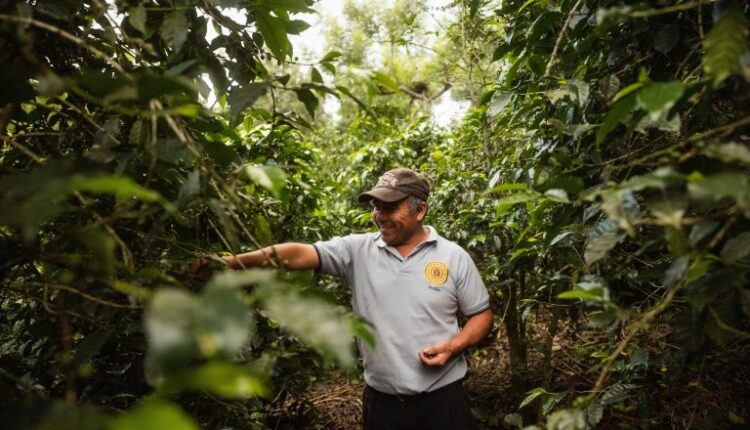Transforming Lives: The Rise Of Alternative Ownership Models Among Coffee Farmers In The Global South – CoffeeTalk
In a landscape increasingly shaped by widening wealth gaps and environmental degradation, the story of coffee farmers in the Global South exemplifies the transformative potential of Alternative Ownership Enterprise (AOE) models. This approach aims to shift economic benefits from external investors to the very producers who drive value creation, fostering a more equitable distribution of wealth and cultivating inclusive economic growth.
Recent analysis from Transform Finance underscores this shift, highlighting the impressive successes of AOE models, particularly in the agri-food sector, which has empowered smallholder farmers who historically faced marginalization.
In Colombia, for instance, the Promotora de Cafe Colombia (Procafecol) exemplifies the impact of AOE structures on coffee farmers. Established in 2002 with the backing of the National Federation of Coffee Growers of Colombia (FNC), Procafecol has transformed the fragmented coffee sector into a robust international export success. Over 90% of Procafecol is owned by the FNC, representing over 500,000 smallholder coffee farmers. This strong ownership structure allows for a governance model that includes farmer representatives, voices fair trade practices, offers technical assistance, and prioritizes youth and women in agriculture.
Similarly, in Kenya, the Kenya Tea Development Agency (KTDA)—which evolved from a colonial exclusionary model in the 1960s—has become the world’s second-largest tea exporter, owned by more than 600,000 smallholders. This shift has enabled farmers to transition from laborers on colonial plantations to business owners reaping substantial rewards, significantly boosting rural economic and social development in Kenya.
In Nigeria, Babban Gona has more than doubled the earnings of approximately 70,000 smallholder farmers involved in maize, rice, and soybean production. By granting a 30% ownership stake to farmers through a Farmer Trust, Babban Gona has fostered a model of empowerment where farmer representation on the board ensures that the enterprise remains committed to inclusivity and equity.
These success stories illustrate key lessons for nurturing AOE models within the coffee sector and beyond. Strong business management and professional expertise have proven essential to navigating market challenges and optimizing production. In both KTDA and Procafecol’s cases, investments in research, development, and marketing innovation have propelled them to excellence in their respective fields.
Access to flexible capital at pivotal moments has also played a crucial role in supporting these transformations. For instance, Babban Gona received concessional debt from donor-funded lenders, laying the groundwork for their model of shared ownership. Similarly, KTDA benefited from patient capital investments that facilitated a grower-centric ownership transition.
While these stories highlight successes, they also serve as reminders of challenges faced due to political interference and the need for solid governance frameworks. Instances where AOE initiatives have faltered underscore the importance of management competence and a supportive political environment.
Looking forward, there’s a tremendous opportunity to expand AOE models across the Global South, enhancing economic equity and inclusion for smallholder coffee farmers. Collaborative efforts involving philanthropy, impact investors, and governments could facilitate the necessary support and investment required to nurture these transformative enterprises.
The rise of alternative ownership enterprises signifies a promising shift towards a more inclusive agricultural landscape, demonstrating that economic growth and social equity can indeed go hand in hand for coffee farmers and beyond. As these models continue to receive attention and support, the potential for lasting change in the global economy becomes ever clearer.
Read More @ SSIR
Source: Coffee Talk



